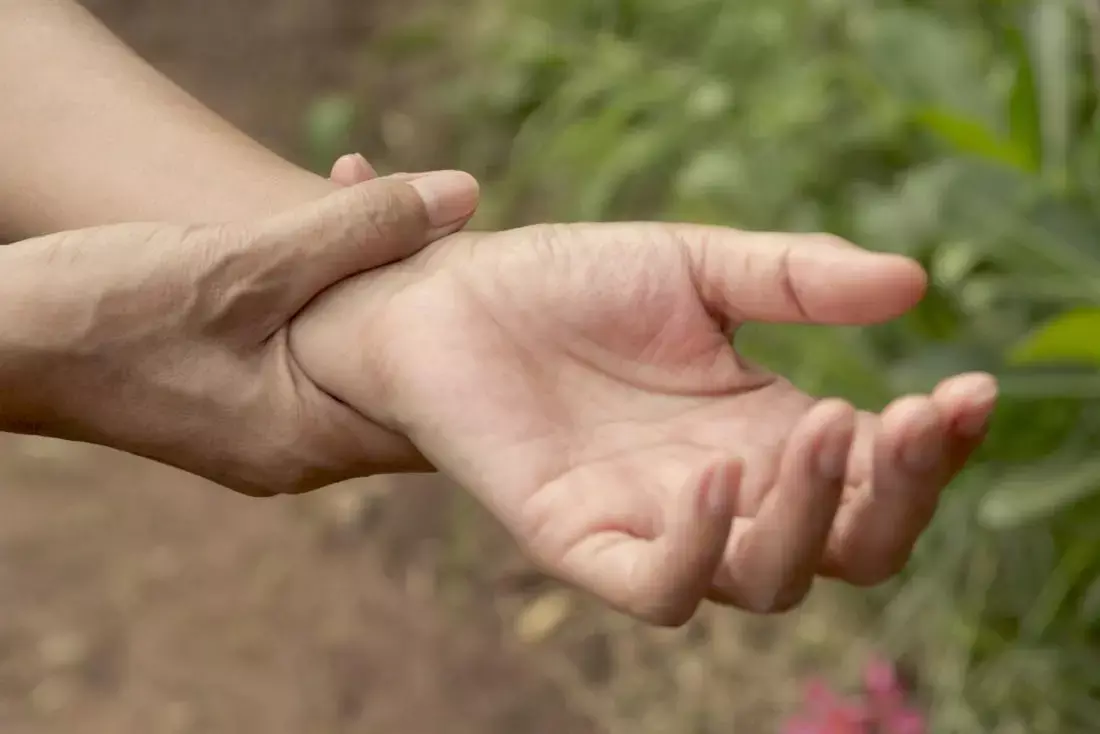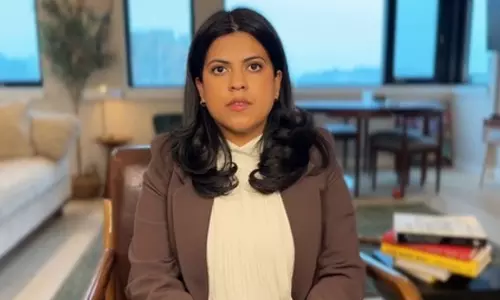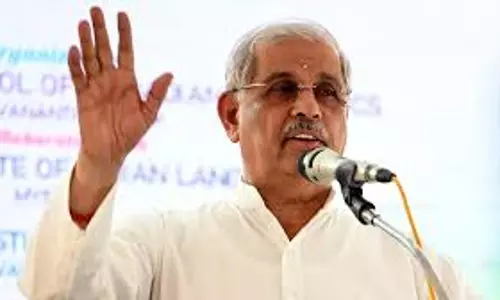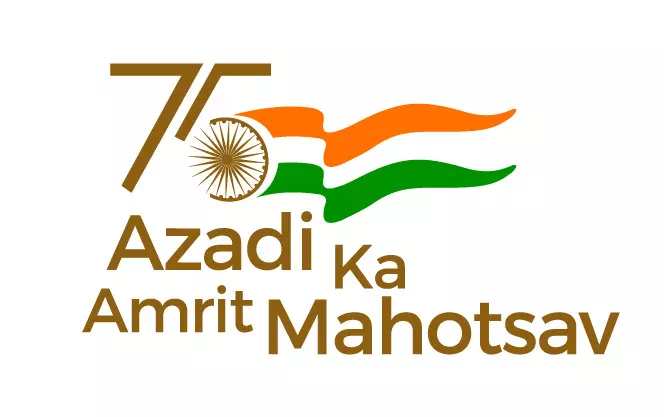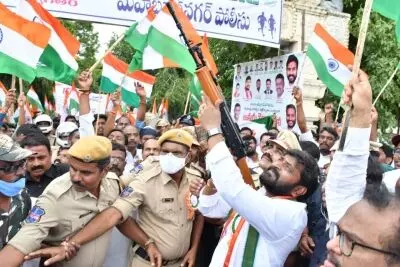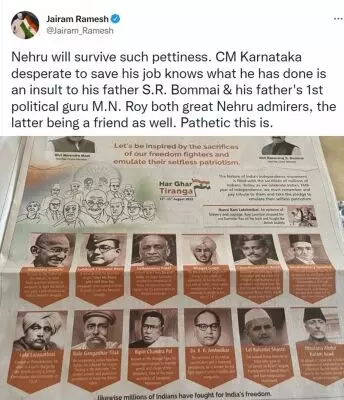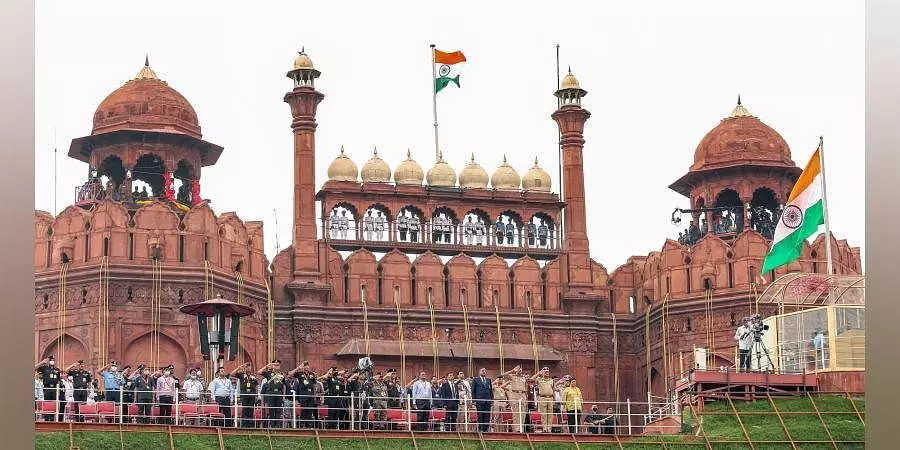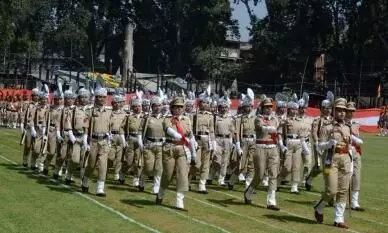
Let us wake up, to freedom
text_fields"Where the mind is without fear and the head is held high
Where knowledge is free.
Where the world has not been broken up into fragments
By narrow domestic walls.
Where words come out from the depth of truth,
Where tireless striving stretches its arms towards perfection
Where the clear stream of reason has not lost its way
Into the dreary desert sand of dead habit
Where the mind is led forward by thee
Into ever-widening thought and action
Into that heaven of freedom, my Father, let my country awake
― Tagore
Our leaders dreamed of a beautiful future independent India where deep patriotism and boundless universalism co-existed. At seventy-five, we need to find out what happened to those dreams. The question arises whether the country, which used to churn words from the depths of truth, has run into a drought of exhibitory patriotism. For three days, the country has been cheering and proud by hoisting the tricolour flags. At the same time, it is time to look at facts that cast a shadow over this joy and pride, over the dreams at the dawn of independence. They are also a call to reform and advancement.
Our leaders envisioned a country of fearlessness. The vast majority have not secured that freedom from fear. Hunger, unemployment and draconian laws made us restless and scared during the British rule. Even today, unemployment is rampant. The British-era laws and their harsher reformed versions have been a constant presence of terror over the citizens. The flag we hoisted should say that we are free from the excessive power of the state. India, which we welcomed three-quarters of a century ago with cheers, is not a place where individuals are not free to decide what to eat, what to wear, where to travel, where to stay, and even what to believe. We wished that the era in which the media's criticism of the government would be portrayed as treason would end with the departure of Britain. Our founding ideals and the Constitution were shaped by leaders who established, through word and deed, that real freedom is freedom to dissent. For, they waged an uncompromising struggle for freedom. They were driven by true patriotism, not mere showmanship. We had a father of the nation who advised us to keep the poorest in mind while making laws. But what we learnt through all these years was to make laws for the corporates.
The tricolour flying high today is a declaration of inclusive democracy. But we have forgotten the rainbow of diversity and are moving towards the stuntedness of monotony. We now have houses of representatives that can pass the Citizenship Amendment Act and the Farm Laws. There are many cases where the media and the judiciary, which are supposed to be corrective institutions, are neutralised. When the cries of alienation are raised, those who can be relied upon are hiding in their holes. Mob culture sits above the rule of law, and hate propaganda overtakes facts. Of course, this is not what the father of the nation, the architects of the Constitution and the leaders of the independence struggle called freedom. Transparency is the soul of a free democracy. Electoral bond, weakening of RTI Act and disregard for opposition and federalism will not go in line with it.
While the national flag flies proudly in the sky, below it are facts and figures that should set us thinking. The Reporters Without Borders ranks us 150th out of 180 countries in press freedom and says we lag far behind in protection to media. America's Ambassador at large for International Religious Freedom, US Commission for International Religious Freedom, the Cato Institute and others have pointed out in separate reports that we rank low in religious freedom. The Early Warning Index at the Holocaust Museum highlights that India is in the second position among countries where the chances of genocide are high. In 2020, we dropped to 111 among 162 countries in the Human Freedom Index. According to the 'Freedom House' scale, India ranks among the 'partially free' countries. There are many other such indices. Our government has been dismissing them promptly. The justification we give for rejecting them is that the standards are not correct and the evaluation method is wrong. But can we continue to say that the assessments of different agencies in different countries are all equally wrong? Can we say that those reports do not correspond to the day-to-day realities of the country?
We must respond to critics by improving the actual situation. Even today, we have a stable constitution, a strong population declaring the strength of diversity and plurality, and a history of idealistic tradition. We have many achievements that can be an example to the world. But the driving force for everything is freedom - freedom of belief, freedom of practice, freedom of expression, freedom from fear and poverty. Let awakening to that freedom be the wish we give ourselves on this day.




